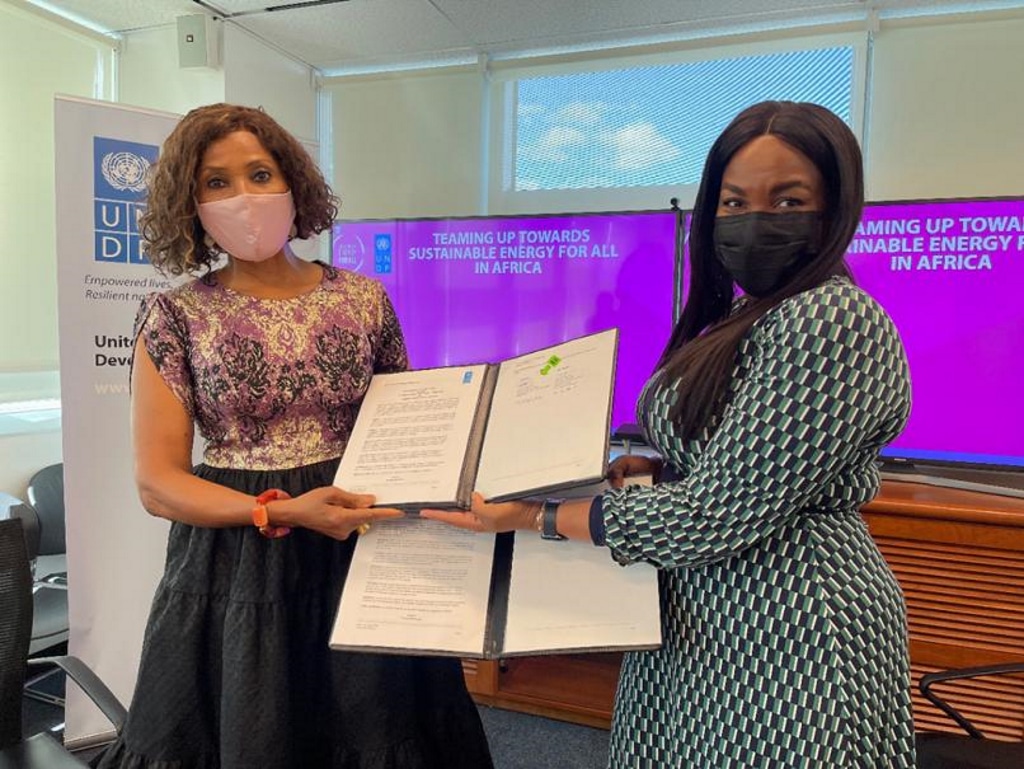The new partnership was signed recently at the United Nations (UN) headquarters in New York (USA), between Ahunna Eziakonwa, the Director of the Regional Bureau for Africa of the United Nations Development Programme (UNDP) and Damilola Ogunbiyi, the UN Secretary-General’s Special Representative for Sustainable Energy for All and Co-Chair of UN-Energy. Through this collaboration, UNDP and Sustainable Energy for All (SEforALL) will work together to accelerate investments in energy access in the Sahel.
SEforALL works in partnership with the UN, governments, the private sector, financial institutions, and civil society to strengthen and stimulate action towards achieving Sustainable Development Goal 7 (SDG 7) which calls for universal access to renewable energy by 2030. The Sahel region that will benefit from its expertise is a semi-arid strip of land, separating the Sahara desert in the north and the tropical savannahs in the south. The Sahel covers several countries, Burkina Faso, Cameroon, Chad, Gambia, Guinea, Mali, Mauritania, Niger, Nigeria and Senegal.
Unlocking investment in renewable energy
Although the Sahel is a vast region with a lot of sunshine, this natural energy is still little exploited. Yet 51% of the population, or 175 million people, still do not have access to electricity. In addition, 80% of Sahelians, or 271 million people, do not yet have access to clean cooking methods, according to SEforALL.
Read also- G5 SAHEL: member countries validate the roadmap of the Desert to Power programme
“The limited and unpredictable supply of electricity, combined with the high cost of electricity, hinders the development of businesses and economic activities, as fossil fuels and traditional biomass (charcoal, wood, dry dung) remain the main sources of energy, with serious consequences for the environment and human health,” says the Vienna, Austria-based organisation. The aim of the partnership signed with UNDP is to unblock public and private investments in favour of access to affordable and sustainable energy.
Under the new partnership, the two organisations will support policy and regulatory frameworks by building institutional capacity. These adjustments will facilitate the unlocking of public and private sector investments for rural electrification through green off-grid, as well as the deployment of clean cooking solutions.
Jean Marie Takouleu
